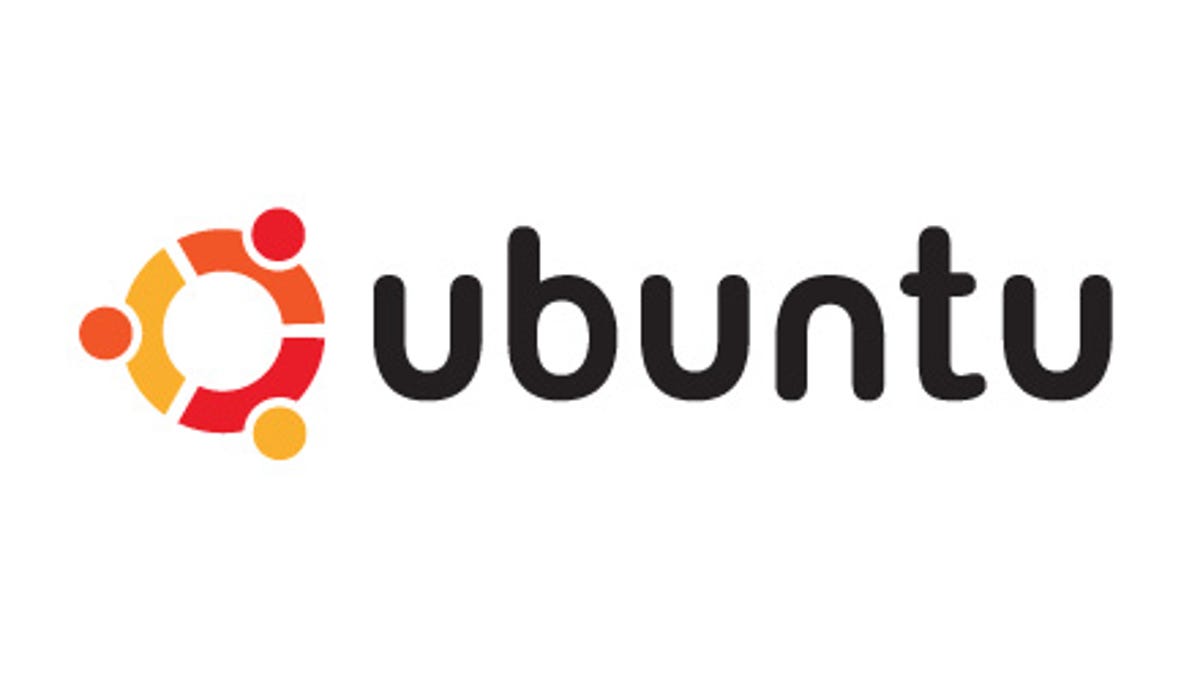Some reflections on Linux and its community
Don Reisinger reentered the Linux jungle over the weekend and reemerged a new man. Has his opinion on Linux changed?

Over the past weekend, I spent most of my time playing around with OpenSUSE and Ubuntu in an attempt to reintroduce myself into the wide world of Linux.
And while I could have been a bit happier with the support and Linux does take some getting used to after immersing yourself in a Mac and Windows world every day, it's still an ideal platform for the advanced techie who doesn't want to waste his time with things that "just work."
And although this community has built itself up to rival even the most fanatic of Apple zealots, its strength is not shown by calling in reinforcements when it's beaten up in a column, but by the immense support you receive when you run into any problem on the platform.
Simply put, Linux has some issues that shouldn't be overlooked. But with such a vast community at your disposal, now is a great time to get in on the Linux game.
So what don't I like about Linux and its community? A few things. First off, Linux distributions are spotty, at best. Let's face it -- save for Ubuntu, OpenSUSE and a few others, your chances of finding a robust software solution are not that great.
For those of you who haven't used Linux, the poor distributions can be compared to Windows ME with ten problems to Microsoft's one. Yes, they're that bad. To make matters worse, most of the Linux community knows this. So if you choose the wrong distribution and you run into some trouble, don't look for too many quick answers on Linux support pages.
Which brings me to another issue -- what is up with this community? At times, it can be the best of communities and at others, it's simply the worst. With dozens of distributions to choose from, why would this community stand by as crapware impugns the viability of its better operating system?
Sure, it's the open source community and eventually it'll work itself out and they all cling to this false sense of freedom, but can't we institute a codified law that says all crapware will be hacked and destroyed? I know that may not be a Linux-y solution, but necessary nonetheless.
Beyond that, my problems with Linux are minor. In reality, Linux is probably the most robust operating system an advanced user could ask for and as long as they know what they're doing, the opportunities for improvement are endless (maybe that's why all of that crapware is still around -- it's a cry for help).
As it stands, your friends at Microsoft and Apple don't trust you with their operating system codes. Because of that, you're forced to play with what they give you and you're simply not allowed to configure your operating system as you see fit. But what if I told you that you can do all of that and more with a free operating system? Now you'd be interested, wouldn't you?
For some, Mac OS X and Windows are good enough. And for those people, I say, you're boring. But for the rest of us, I think it's extremely important that we have a modifiable operating system at our fingertips at all times.
And while I complain about some facets of the Linux community, there's no debating the fact that when you use a more popular distribution, you're given the royal treatment.
One of the main issues I've always had with open source software is the general lack of readily available troubleshooting information. In fact, look no further than Drupal for a powerful platform that is big on features, but small on help.
But when it comes to Linux -- the open source community's golden boy -- the help is simply outstanding. Can't get that hardware to install? Consult the forums and you'll have an answer in a matter of minutes. Having trouble connecting wirelessly to your home network? Head on over to a Linux support IRC channel and you'll be fine in seconds.
Believe it or not, it's that easy. I ran into a few driver issues over the weekend, tried a few workarounds with the terminal that didn't go anywhere and realized that it would have been quicker to simply ask the community. In a matter of seconds, someone told me they had the same issue once and wrote down the solution. After finding it lodged somewhere inside their desk, the helper gave me the line-by-line instructions I needed to fix the issue.
In the end, Linux is truly a great operating system as long as you stay on the beaten paths and don't venture off into unknown territory. And while I have some complaints with the community and its distributions, they are far outweighed by the compliments.
If you've never used Linux before, it's time to try it out. Trust me, you won't regret it.

